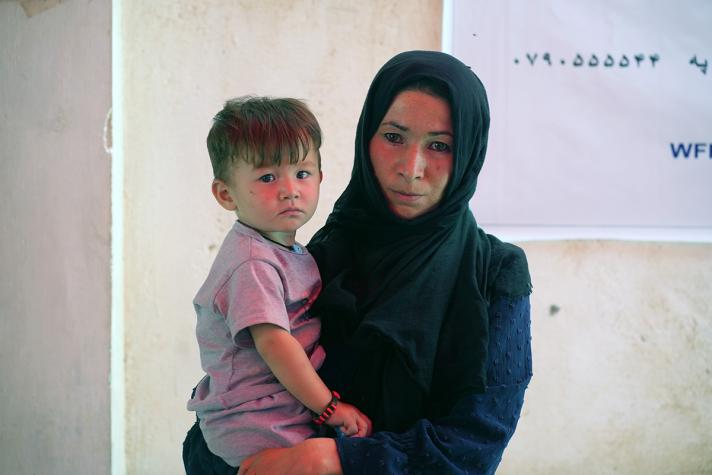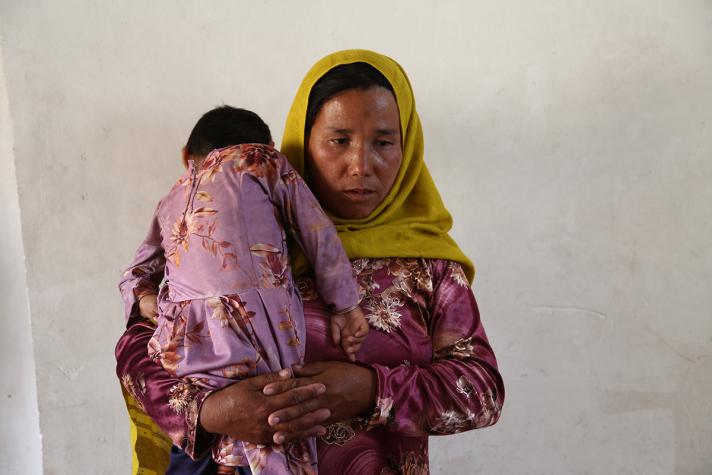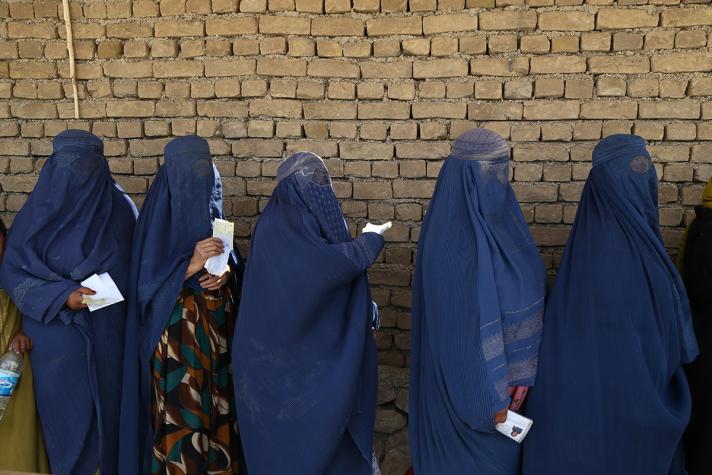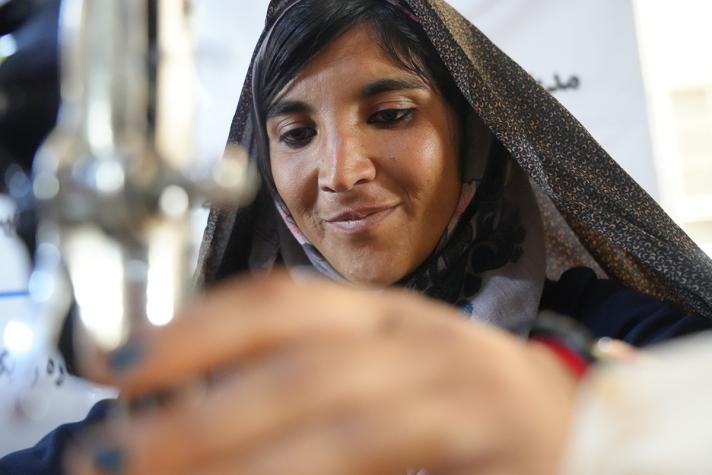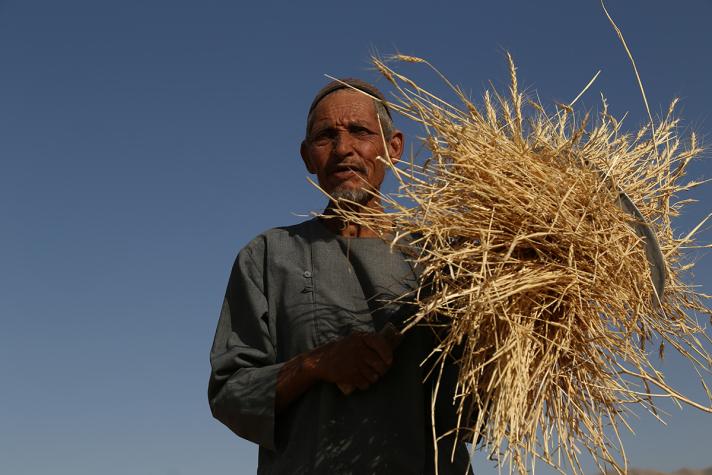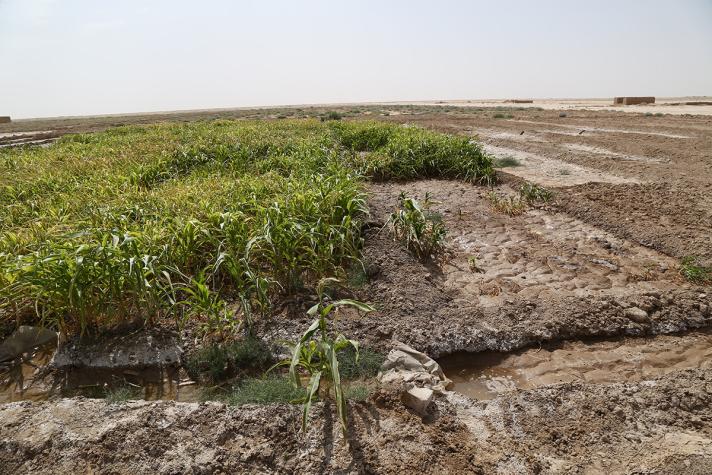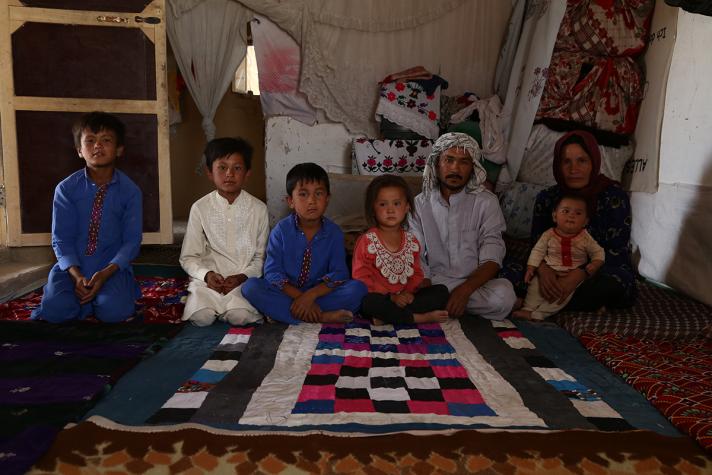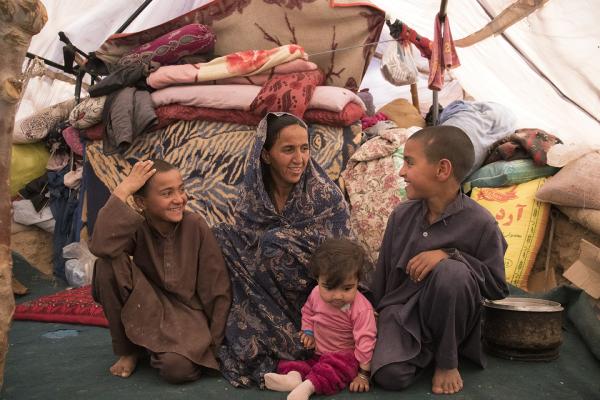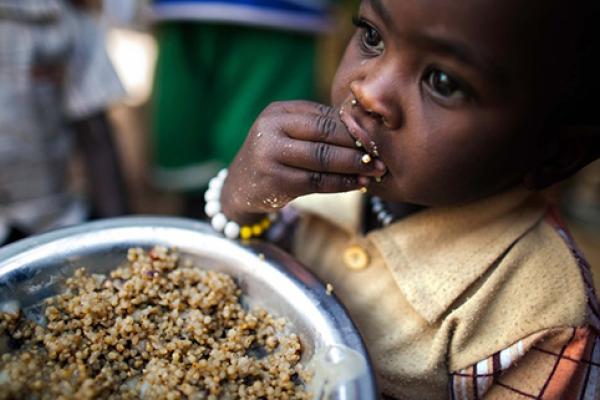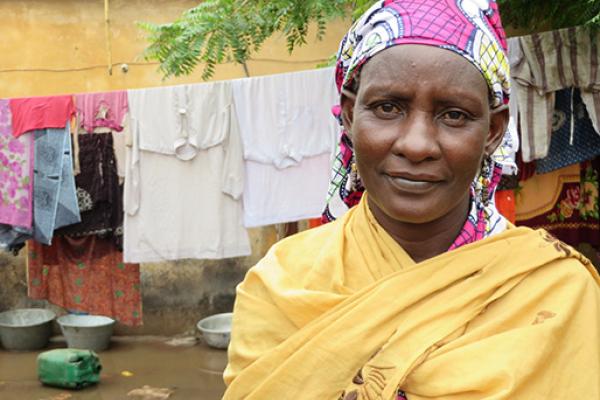1 year since foreign forces withdrew from Afghanistan and the Taliban came to power, life is still unbearably hard, particularly for women and girls. Half of the population remains dependent on humanitarian aid, including 6 million living on the edge of famine.
Debt has racked up as food prices have skyrocketed. Drought, warming temperatures and lack of money to buy seeds and agriculture tools put another harvest in jeopardy.
The ripple effect of the war in Ukraine is adding further misery to the people of Afghanistan, increasing the cost of food in local markets and humanitarian aid that has been a lifeline for so many people.
Having struggled through a year of unprecedented economic hardship and environmental disasters, including earthquakes and flooding, families have little left to get through this winter. Millions of them will be counting on assistance from the World Food Programme (WFP), which is supported by the EU’s humanitarian aid.
Since 2021, the EU has contributed over €86 million in humanitarian funding toward WFP’s emergency operations. This year, EU humanitarian funding helped WFP sustain its life-saving operations, including emergency food assistance for communities affected by the earthquake in June, and making the United Nations Humanitarian Air Service (UNHAS) available to humanitarian partners.
Story and photos by the World Food Programme (WFP).
Publication date: 15/12/2022

